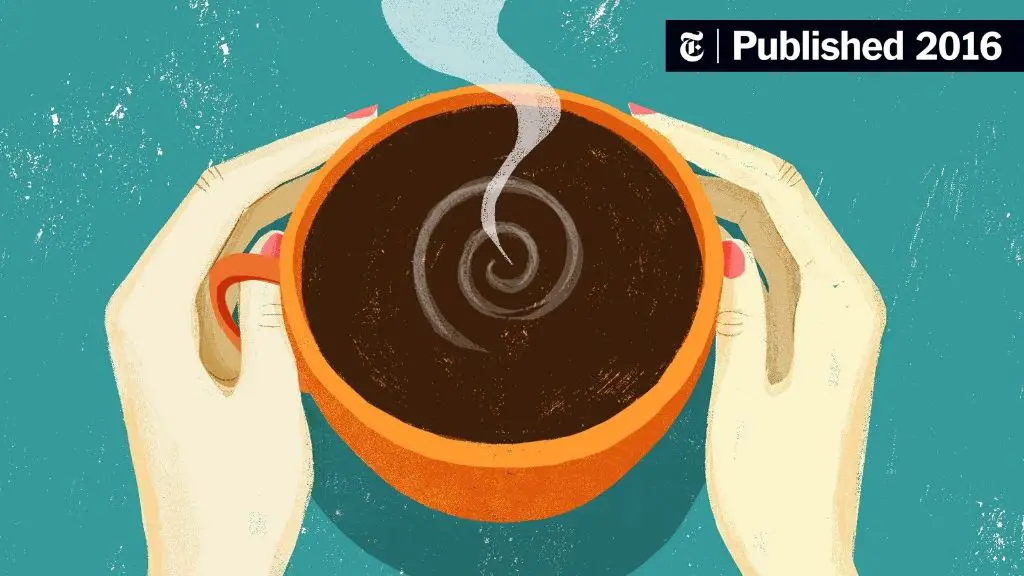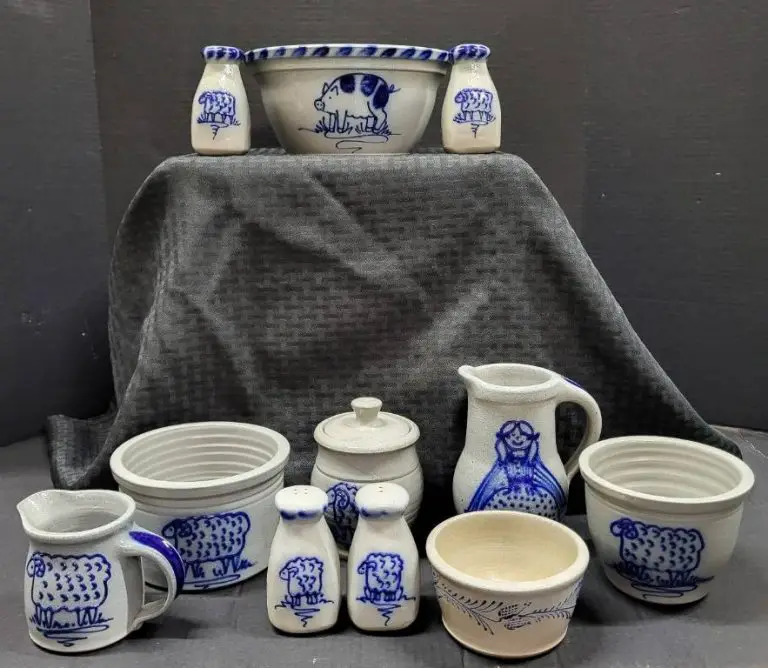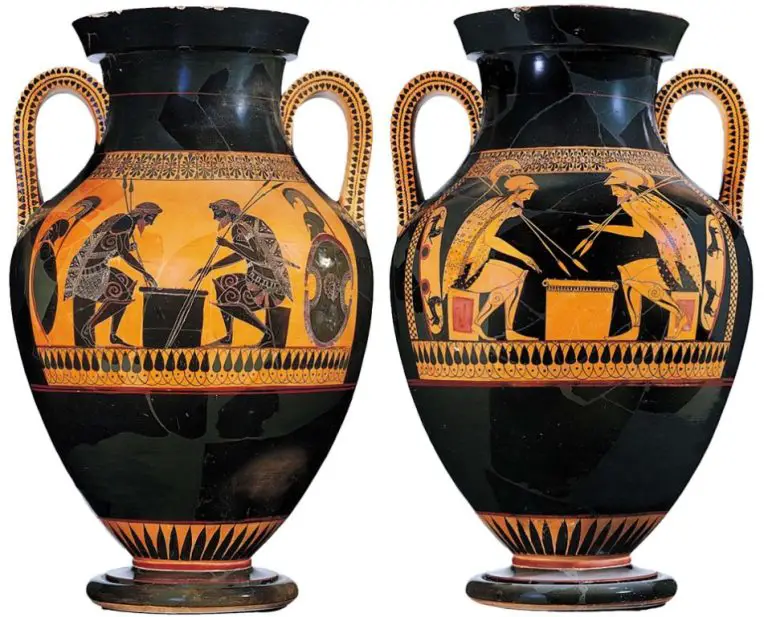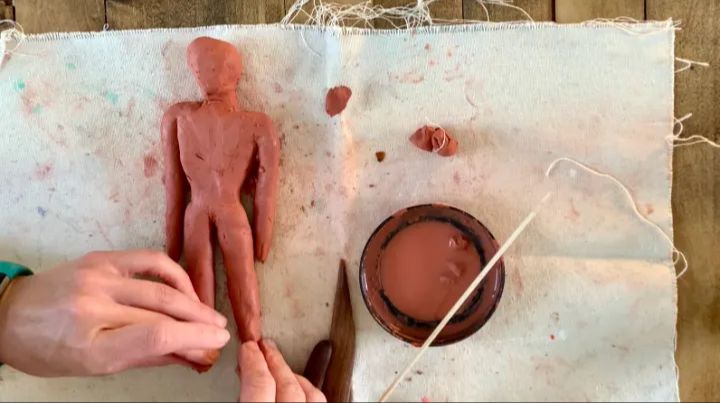When Life Gives You Coffee Quotes?
The Joy and Inspiration of Coffee
Coffee is more than just a morning beverage for many people. It’s a ritual, a hobby, a creative muse, and even a way of life. As author John Clayton once said, “Coffee should be black as hell, strong as death, and sweet as love.” The unique taste, smell and culture around coffee make it a source of joy and inspiration for millions.
Coffee quotes perfectly capture the passion, humor and comfort people find in a good cup of java. They highlight this beloved drink’s ability to boost energy, mood and creativity. As 20th century author Hugh MacLeod said, “Coffee is a language in itself.”
In this article, we’ll explore some of the most insightful, funny and motivational coffee quotes. From honoring coffee’s rich history to the art of the perfect brew to the relationships built over coffee, these quotes celebrate all that this drink represents. Grab a fresh cup and let’s dive in!
The History of Coffee
The origins of coffee date back to the 15th century in the highlands of Ethiopia. According to legend, a goat herder named Kaldi discovered coffee after noticing his goats became energetic after eating the berries of a certain plant. Kaldi shared his findings with the abbot of a local monastery, who made a drink out of the berries and found it kept him alert through long hours of prayer. The abbot shared the drink, known as “bunn” in Ethiopia, with other monks, and word of its energizing effects spread quickly. Coffee cultivation began in the 15th century in the Yemeni district of Arabia. By the 16th century, coffee had spread throughout the Middle East, North Africa, and into Europe.
Sources:
https://www.ncausa.org/about-coffee/history-of-coffee
https://en.wikipedia.org/wiki/History_of_coffee
Coffee’s Role in Society
Coffee has long played an important role in bringing people together and fostering community. In many cultures, the coffeehouse is a place where people gather to socialize, discuss ideas, play games, or listen to music. Going out for coffee is a shared social experience that helps people connect.
In the 17th century, coffeehouses sprang up across Europe and became hubs of intellectual and cultural exchange. People would gather in coffeehouses to read, have debates, play chess, hear news, or participate in artistic performances. The coffeehouse environment facilitated conversations among people from different backgrounds.
Today, this tradition continues in coffee shops around the world. Friends meet up at the local cafe to catch up. New connections are made between strangers who strike up conversation at the counter. The laidback atmosphere encourages people to relax and interact with others. Beyond just serving coffee, cafes have become an important “third place” outside of work and home where community happens organically.
At the core, coffee creates shared moments that bring people closer together. The global coffee culture facilitates human connection. With a cup of coffee in hand, people open themselves up to engaging with others in meaningful ways. For centuries, coffee has helped forge social bonds across cultures.
Coffee and Productivity

Numerous studies have examined the effects of coffee and caffeine consumption on work performance and productivity. One key study by Smith (2005) found that consuming caffeine improved alertness and performance on several tasks, including reaction time, memory, attention, and logical reasoning https://pubmed.ncbi.nlm.nih.gov/16106485/. Another study by Goh (2023) looked at caffeine’s effects across occupations and similarly found improvements in vigilance, response time, memory, and motor skills https://commons.erau.edu/cgi/viewcontent.cgi?article=1036&context=ww-research-methods-rsch202. However, some research indicates the benefits may be temporary. A study from Harvard Business Review found that while caffeine boosted energy levels, it didn’t enhance productivity over the course of a full workday https://hbr.org/2012/05/coffee-breaks-dont-boost-productivity-after-all. More research is still needed, but evidence generally supports short-term improvements in focus, motivation, and work performance from coffee and caffeine consumption.
Coffee for Health
Coffee has been shown to offer a number of potential health benefits when consumed in moderation. According to research from Johns Hopkins Medicine, drinking 1-2 cups of coffee per day may help reduce the risk of heart failure, where the heart has difficulty pumping enough blood to the body (https://www.hopkinsmedicine.org/health/wellness-and-prevention/9-reasons-why-the-right-amount-of-coffee-is-good-for-you).
Coffee contains antioxidants called polyphenols that may help protect cells from damage. Research has also linked moderate coffee consumption to reduced risk for type 2 diabetes, Parkinson’s disease, and certain cancers like liver and colorectal cancer. The caffeinated and decaf versions appear to provide similar health effects (https://www.healthline.com/nutrition/top-evidence-based-health-benefits-of-coffee).
However, it’s important to be mindful of your caffeine intake and limit overconsumption. Drinking too much coffee, especially in the evening, can disrupt sleep patterns. Pregnant women should also limit caffeine intake. Overall, incorporating coffee in moderation as part of a healthy lifestyle can provide health benefits.
The Art of Coffee
Coffee can be appreciated as an artform in many ways. The intricate designs created in latte art transform a simple cup of coffee into a canvas for creative expression. Baristas carefully pour steamed milk into espresso shots to produce beautiful motifs like rosettas, tulips, and hearts. It takes practice and a steady hand to master the technical skills of latte art. Many baristas consider it both a science and an art to create stunning designs that delight customers. Competitions are held around the world for latte artists to showcase their talents.
The nuanced tasting notes of different coffee varietals also make it an artistic experience for the senses. Coffee can exhibit flavor notes ranging from fruity and floral to earthy and spicy. Professional coffee tasters, known as “Q Graders,” undergo rigorous training to detect the subtle complexities in the aroma, acidity, body, and finish of coffee. They evaluate factors like terroir and processing method that influence the sensory qualities of each coffee. Like fine wines, the tasting process allows for artistic impression as tasters translate the sensations into vivid flavor descriptions. The appreciation of coffee’s multidimensional flavors and textures makes it a profoundly artistic ritual.
Sources: https://www.acouplecooks.com/latte-art/
Coffee and Relationships
Coffee has long been associated with bonding and connecting in relationships. Many couples enjoy going on coffee dates as a casual, relaxed way to get to know each other. Coffee shops provide a cozy atmosphere for conversation. Sitting across from each other over a cup of coffee allows you to focus on your date without other distractions.
Coffee dates are often recommended for first dates since they can be as long or short as needed. There’s no pressure or commitment to a lengthy dinner or activity. You can easily extend your coffee date if things are going well. And if not, it’s easy to politely end it after one cup.
Beyond just first dates, established couples also use meeting up for coffee as a way to catch up and check in. Busy schedules can sometimes mean quality time together is hard to find. But grabbing coffee on the way to work or between activities can allow couples to connect frequently. Coffee breaks shared together, even if brief, can help maintain intimacy.
Many love how coffee shop environments cultivate connection. The comforting smell of fresh coffee fills the air as you enjoy your beverages. For centuries, coffee houses have been places to gather, chat, read, work, and decompress. Coffee shops represent human connection, providing a third space between work and home.
Coffee has power in relationships. Sharing a cup connects people and creates space for bonding. As legendary musician Frank Sinatra said, “Coffee should be black as hell, strong as death, and sweet as love.”
So when you want to get to know someone, deepen a relationship, or share a moment with a loved one, coffee can help forge that human connection. Its warmth and ritual foster the intimacy and comfort relationships need to bloom.
Coffee Rituals
Many people have turned their morning coffee into a meaningful ritual. Having a relaxing coffee routine can be a powerful act of self-care to start the day (source).
A morning coffee ritual may include activities like:
- Meditating while the water boils to clear the mind (source)
- Brewing coffee slowly and mindfully
- Sitting outside and appreciating nature while sipping coffee
- Taking time to enjoy the aromas and flavors
- Pausing to be grateful for the start of a new day
By transforming coffee into an intentional ritual, people can find calm, comfort, and connection as they begin each morning. The habit can provide a rare opportunity to be fully present instead of rushing into the day.
Coffee and Mindfulness
Coffee can be an excellent way to practice mindfulness. The ritual of brewing and drinking coffee mindfully helps us be fully present in the moment. Taking the time to appreciate the aroma, taste, and warmth of coffee can be a meditative experience that reduces stress. According to The Wellbeing Collective, “A simple daily strategy to try is having a mindful beverage (tea, coffee, lemon water or whatever you fancy) and really tuning into the experience through your senses.”
Drinking coffee mindfully involves focusing completely on the drink itself – noticing the sounds of the coffee being brewed, the feel of the cup in your hands, the rich smell wafting up, the taste of the first sip. This practice keeps us grounded in the present, and allows us to fully appreciate something that we often drink without much thought. The Barista Institute recommends a “coffee meditation” where you consciously taste and smell the coffee, focusing intently on the flavors and aromas. They say this practice “is fun and effective way to give yourself a break from the hectic pace of everyday life.”
Making your daily coffee a ritual of mindfulness is a simple way to build awareness and reduce stress. We can transform an everyday activity into a source of focus, presence, and peace.
Conclusion
Coffee has been an integral part of society for centuries, connecting people and cultures across the globe. As the famous quote goes: “As long as there was coffee in the world, how bad could things be?” Coffee fuels productivity and creativity, promotes health benefits, and brings people together in meaningful rituals and traditions.
But coffee is so much more than just a beverage – it teaches us important life lessons if we take the time to reflect. A cup of coffee reminds us to slow down, savor the moment, and appreciate the simple pleasures in life. Its warming properties comfort us when times are hard, energizing us to persevere. The communal nature of coffee breaks down barriers and brings people closer together. And the art and craft behind that perfect cup demonstrates passion, dedication, and mindfulness.
Coffee’s lessons traverse both the mundane and the profound. How we experience this drink – from the beans’ origin to the final sip – can impart wisdom if we pay attention. As we continue seeking insight from each cup, may we be ever reminded of coffee’s ability to nourish, inspire, and connect us.




